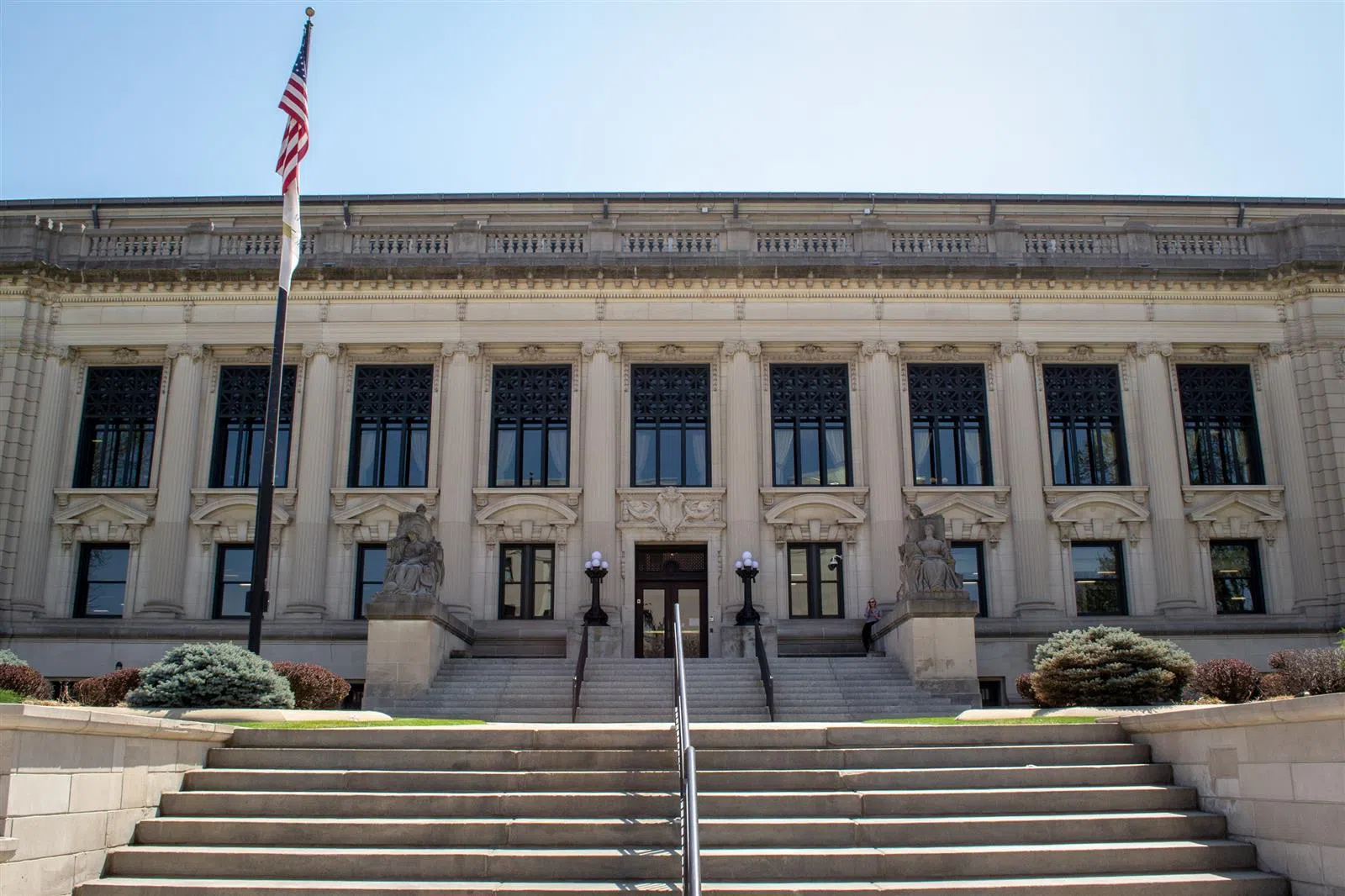Justices unanimously rule members’ voting power isn’t ‘benefit’ protected by constitution
By HANNAH MEISEL
Capitol News Illinois
hmeisel@capitolnewsillinois.com
SPRINGFIELD – The Illinois Supreme Court on Friday unanimously upheld a 2019 law that consolidated nearly 650 municipal police and firefighter pension funds, rejecting arguments from pension fund members that their voting power was diluted unconstitutionally.
The law, which Gov. JB Pritzker signed soon after it passed with overwhelming bipartisan majorities in the General Assembly, combined 649 individual pension funds into just two: one to manage investments and payouts for retired police officers and the other that does the same for retired firefighters.
The consolidation promised access to larger investments previously not available to the hundreds of small individual funds, all in the hopes of yielding greater returns. Combining the funds into two also eliminated administrative costs paid out of the individual pension funds.
Read more: Pritzker signs pension consolidation bill into law; Task force recommends merging 649 local pension funds
But nearly three dozen pensioners and 17 of the individual pension funds sued over the law. They argued they were wronged because members now vote for the funds’ oversight boards on a statewide basis, rather than selecting five of their peers for their local boards as they used to.
Attorney Daniel Konicek, who represented the plaintiffs in oral arguments to the high court in November, said his clients’ votes were “completely, undeniably diluted,” which he contended violated the state constitution’s “pension protection clause.” That provision, which the Supreme Court has consistently ruled is ironclad, states membership in any government retirement system constitutes “an enforceable contractual relationship, the benefits of which shall not be diminished or impaired.”
But all seven justices on the Illinois Supreme Court rejected Konicek’s argument. Writing for her colleagues, Chief Justice Mary Jane Theis cut down Konicek’s assertion that this case was similar to a 2014 case in which the court ruled the pension protection clause prevented the state from reducing health care benefits to retirees.
“In contrast, the ability to vote in elections for local pension board members is not such a constitutionally protected benefit, nor is the ability to have local board members control and invest pension funds,” Theis wrote.
Theis, the only justice still left on the court from when it heard a series of high-profile pension benefit cases including the 2014 challenge, had also been skeptical in her questioning of Konicek during oral arguments in November.
“Simply put, the (law) has no impact on plaintiffs receiving their promised monetary benefits,” Theis wrote in Friday’s opinion.
Pritzker on Friday praised the decision, taking credit for pushing for the pension consolidation after decades of talk in Springfield.
“Today’s Supreme Court ruling is a victory for Illinois taxpayers, local governments, and first responders,” he said.
House Speaker Emanuel “Chris” Welch, D-Hillside, also applauded the ruling, calling the 2019 law “commonsense reform,” while Illinois Municipal League CEO Brad Cole – who pushed for the consolidation for years – thanked legislative leaders and mayors in an email to IML members Friday.
“Personally, having worked on this issue for more than a decade and as a drafter of the legislation, I am gratified by the consistent rulings in favor of the Act and in the determination that will now allow everyone to focus on strengthening and growing the funds.”
Capitol News Illinois is a nonprofit, nonpartisan news service covering state government. It is distributed to hundreds of newspapers, radio, and TV stations statewide. It is funded primarily by the Illinois Press Foundation and the Robert R. McCormick Foundation, along with major contributions from the Illinois Broadcasters Foundation and Southern Illinois Editorial Association.


